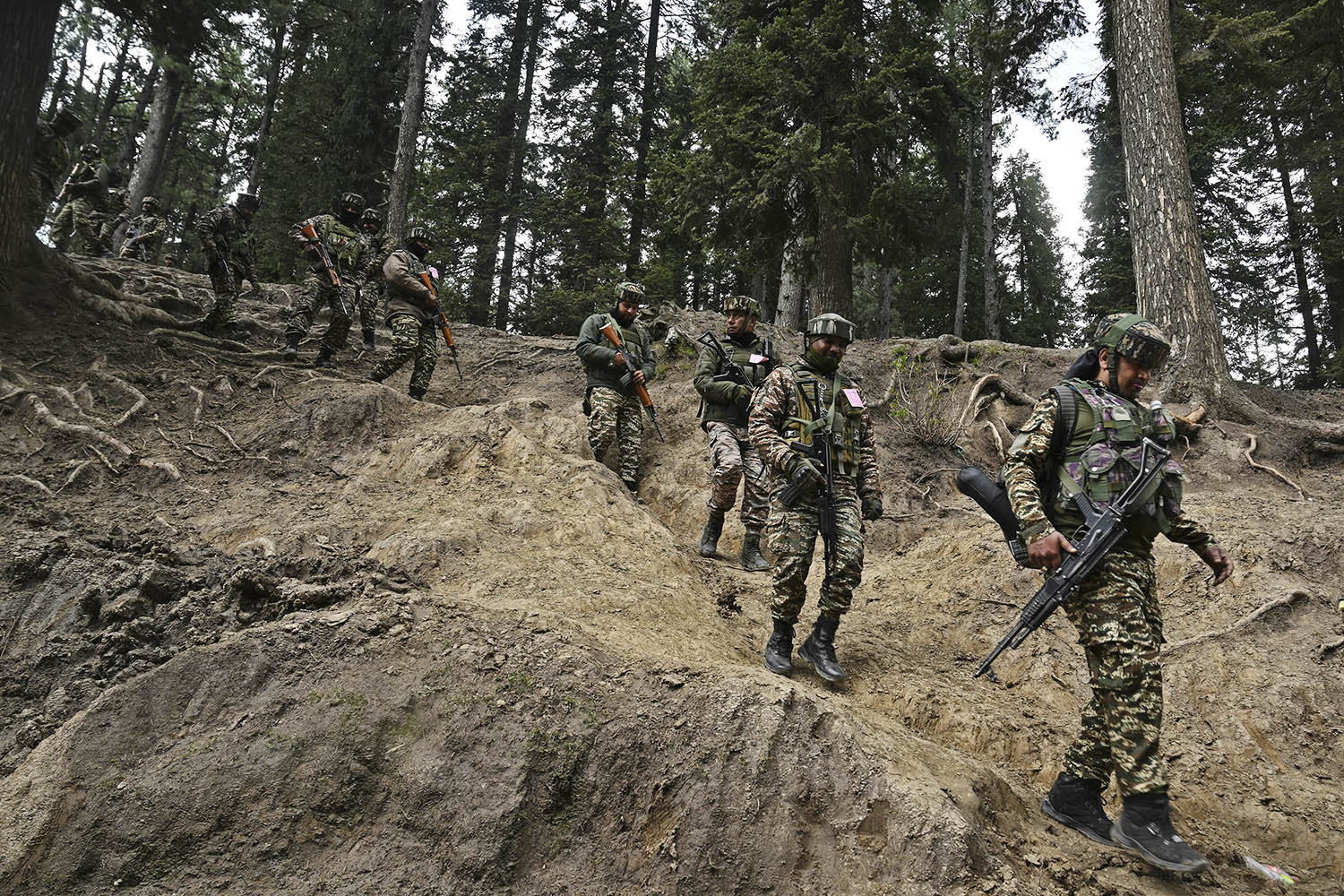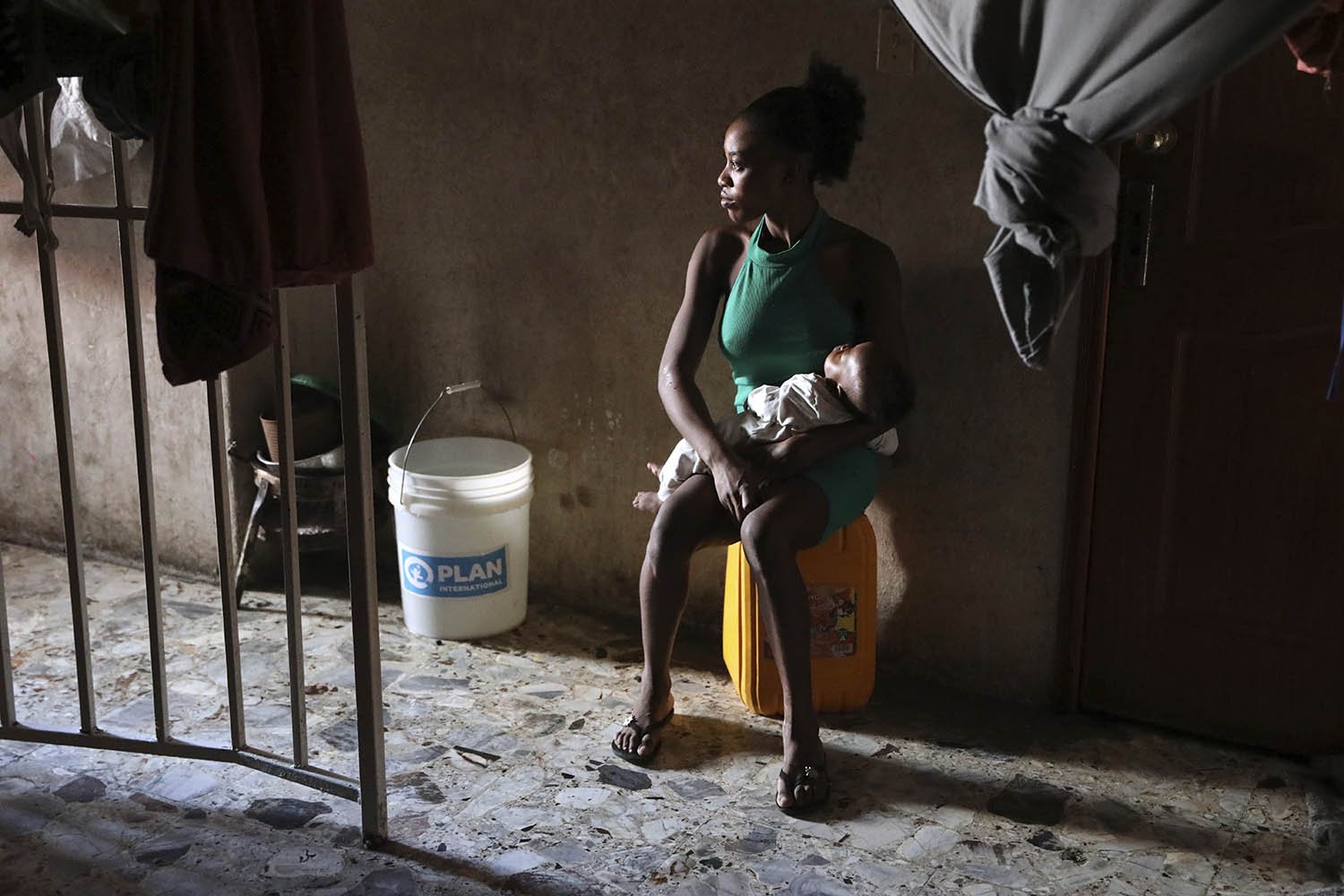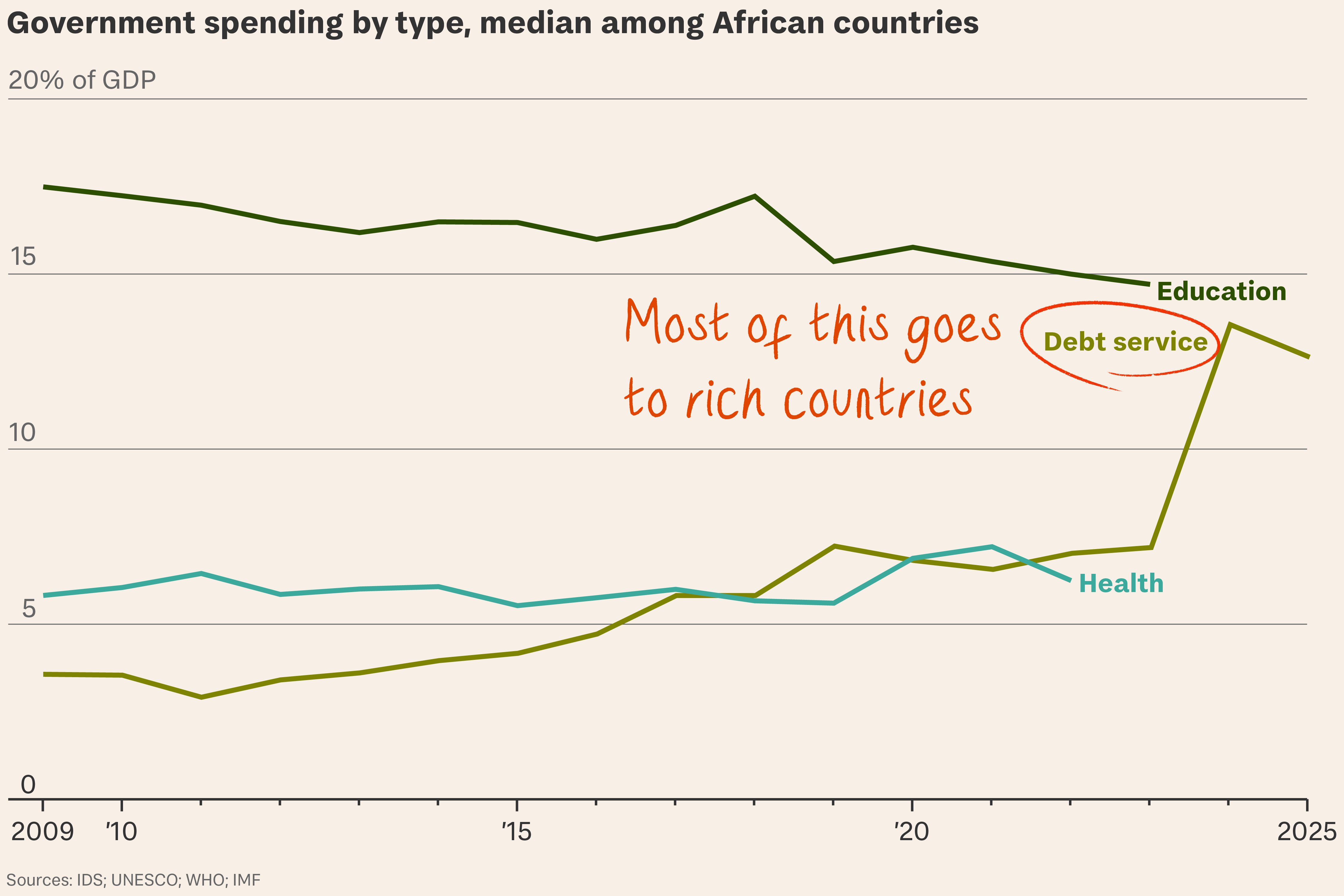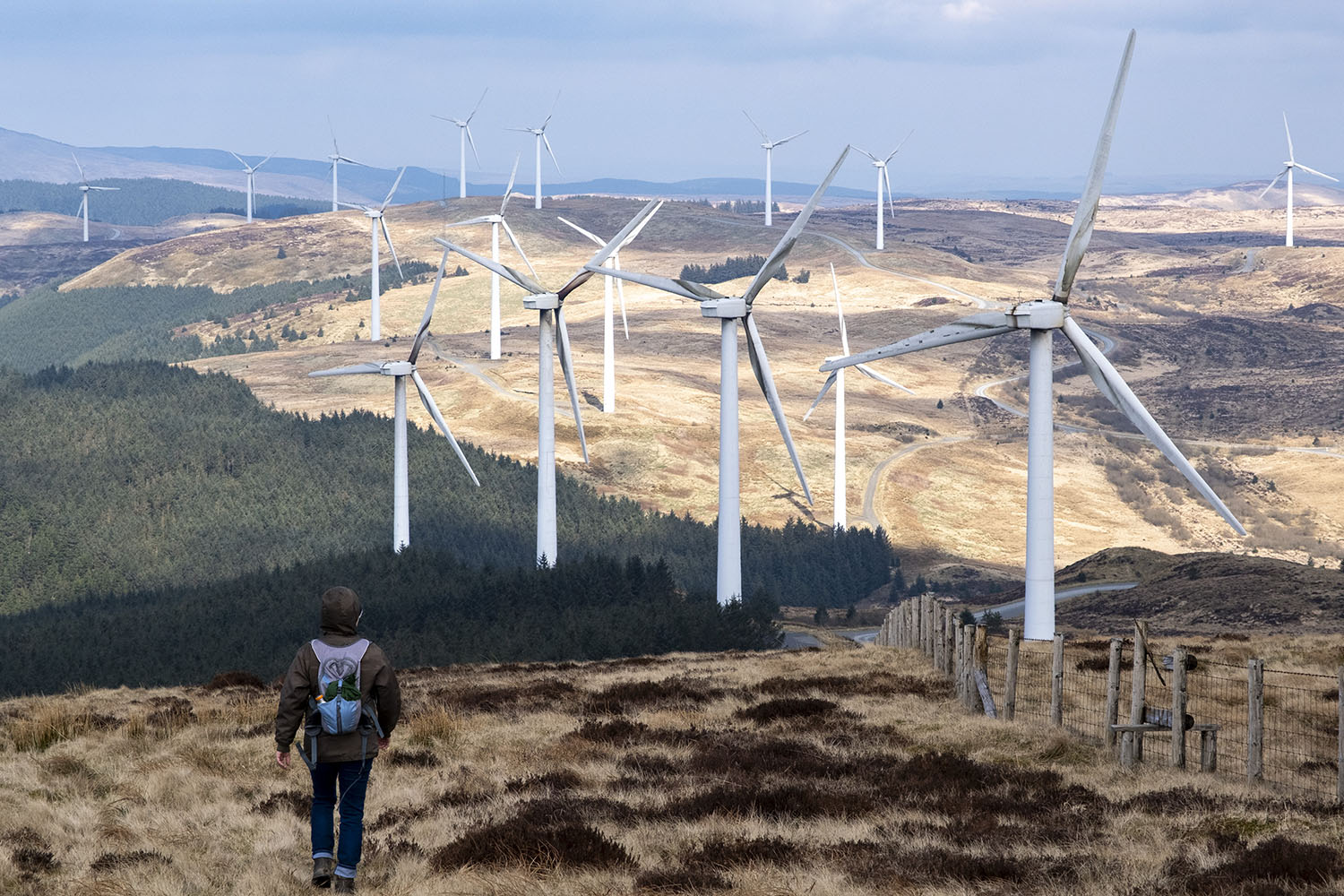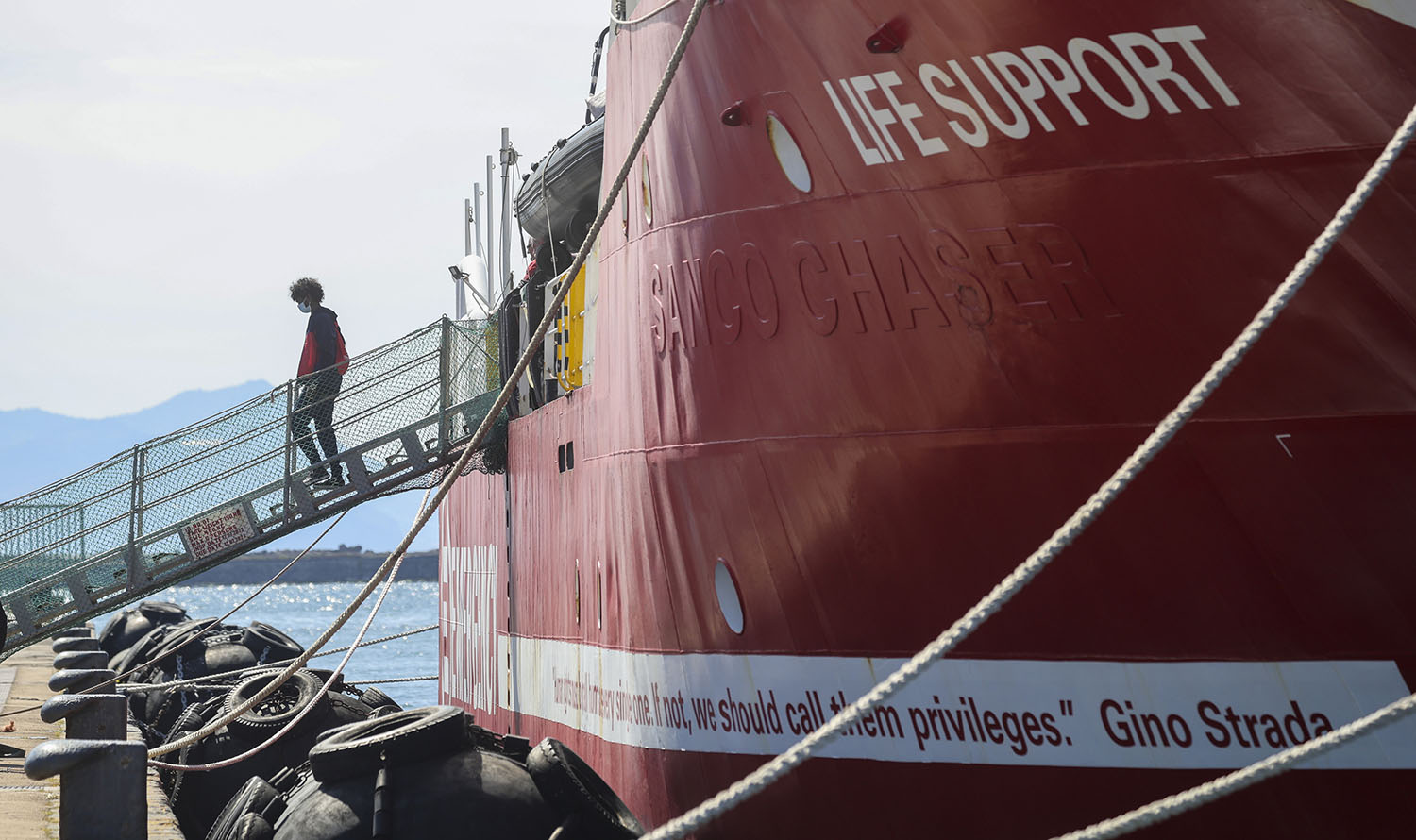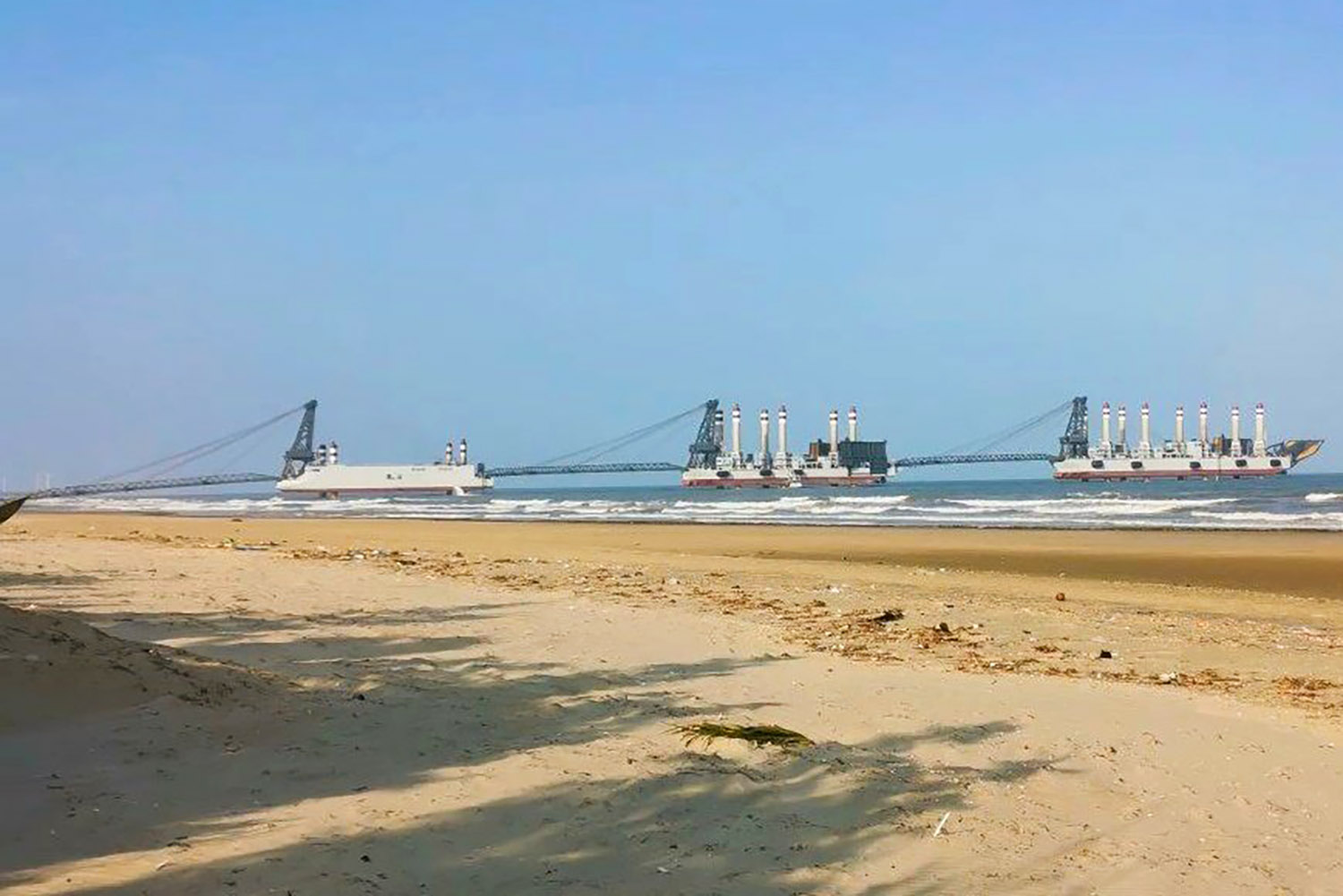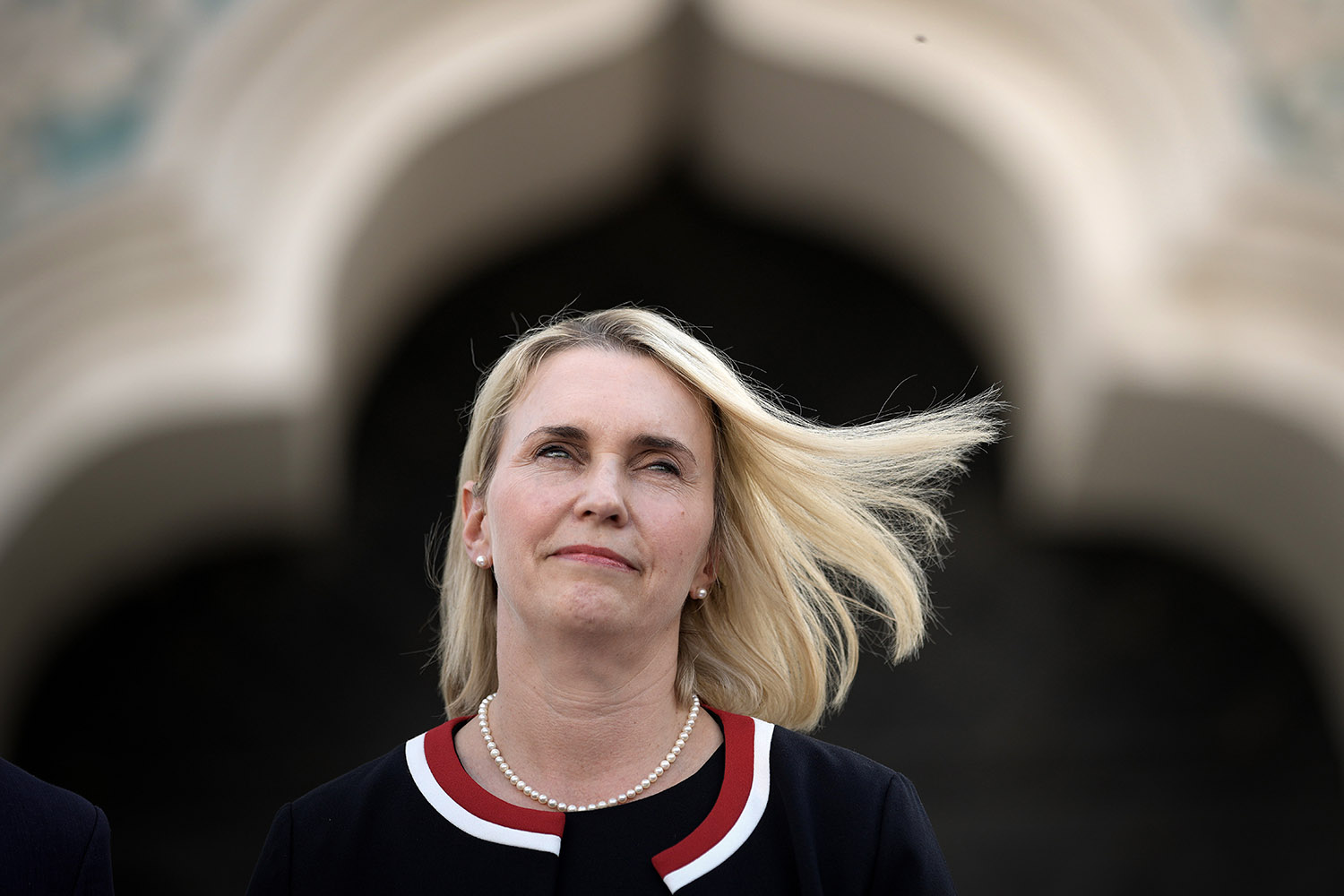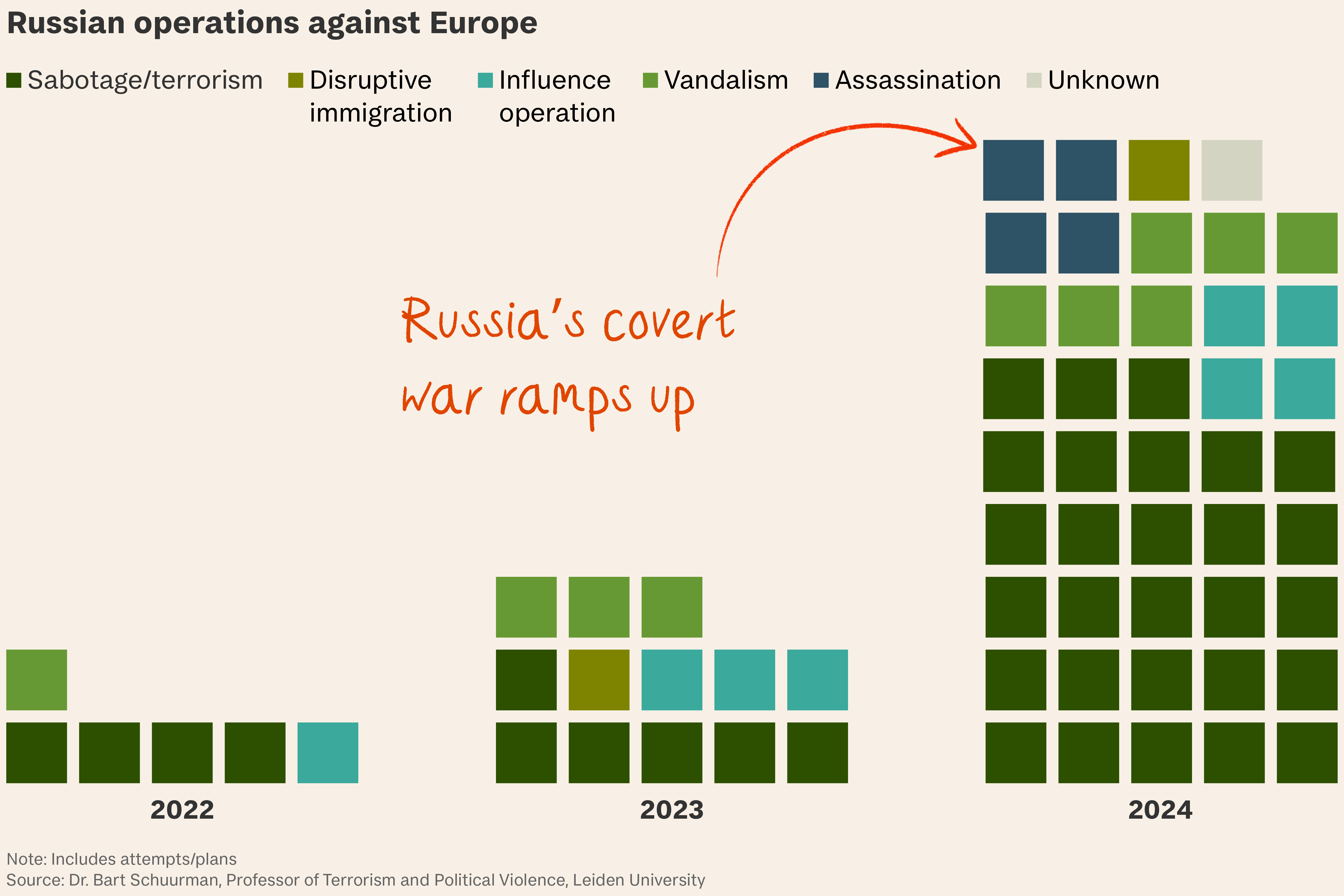Britain and the EU are swapping one dependency for another
European imports of Russian gas have fallen by more than 80 per cent since the start of Russia’s war on Ukraine.
So what? There’s a catch. Europe – Britain included – may be replacing dependence on Russia for fossil fuels with dependence on China for renewables.
Today’s trade war headlines are about the EU’s retaliation to steel and aluminium tariffs. But what could be just as lasting is Europe’s confrontation with China over EVs, wind and solar.
At issue:
- Security – and whether renewables are a new Trojan horse for Chinese surveillance.
- Cost – and whether Europe can ever compete with China as a producer of renewable energy hardware.
- Climate – and whether net zero goals count for anything when tariffs and (increasingly) Taiwan dominate the geopolitical agenda.
In the UK. Nerves are jangling because a Chinese wind turbine manufacturer, Ming Yang, has been linked to the Green Volt project, a giant wind farm off the Scottish coast which secured planning approval last year.
But it’s not just one wind farm that’s at stake.
- Production of the minerals needed for the energy transition is far more concentrated than oil and gas, according to the IEA. China produces about 60 per cent of rare earth elements and carries out more than half of global lithium processing. (A lithium-ion battery for an EV contains about 8kg of lithium.)
- Where China does not have the raw materials, Chinese companies have invested for supply chain control. China’s businesses control about 75 per cent of Indonesia’s nickel refining capacity, a metal used widely in solar panels, wind turbines and other low-carbon technologies.
- It’s not just materials and processing. China increasingly dominates the finished goods, producing EVs at scale and low cost. CATL, a Chinese company, is the world’s biggest producer of electric car batteries. BYD and Xiaomi are competing with Tesla on advanced features like autonomous driving.
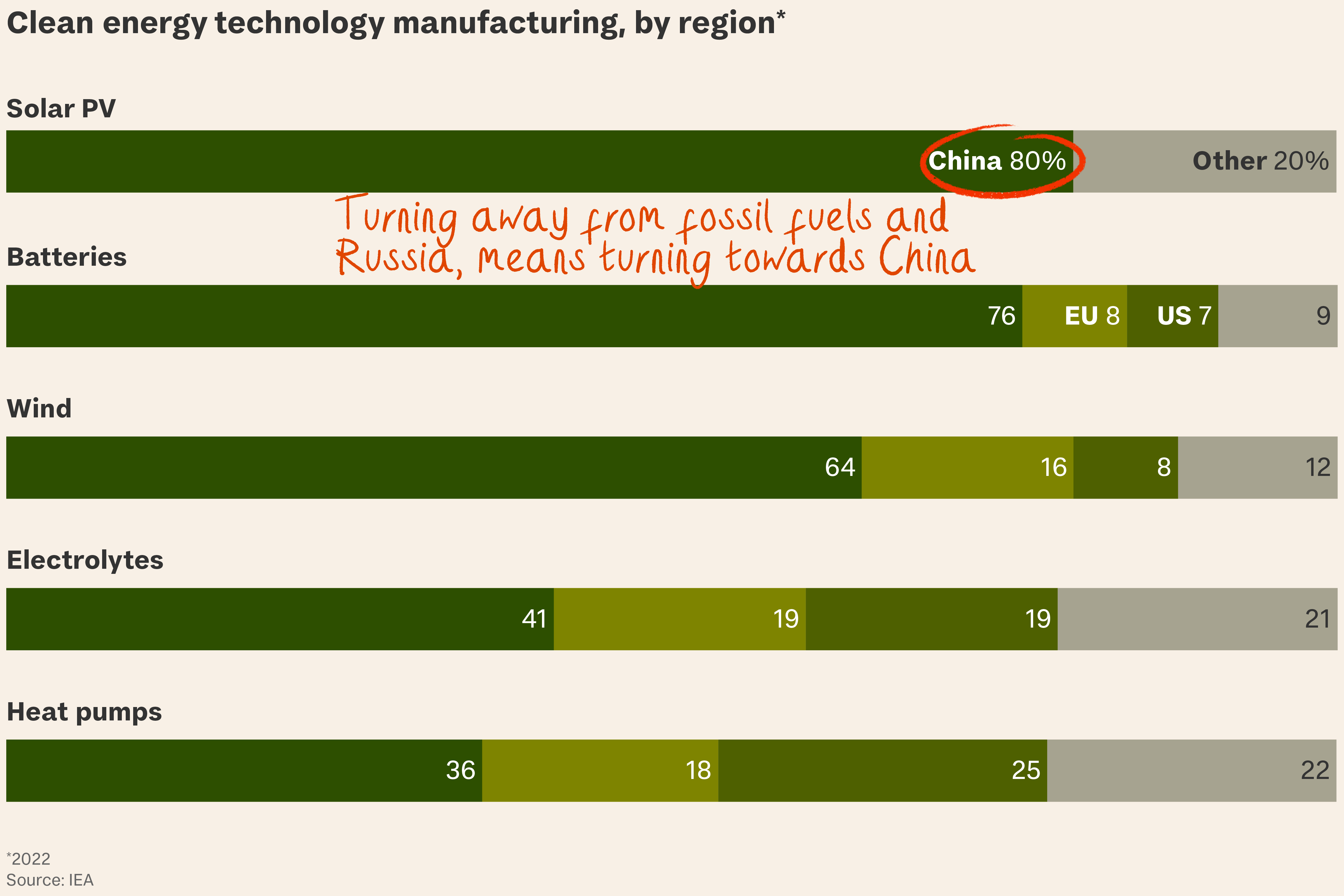
Protection bracket. The US and Canada have imposed 100 per cent tariff barriers on Chinese EVs. The EU has imposed tariffs of up to 45 per cent, depending on the level of state support Chinese carmakers receive. But keeping Beijing out is rarely as simple as that.
“If you look inside the supply chain, all the permanent magnets inside wind turbines are made in China,” Michal Meidan of the Oxford Institute for Energy Studies says. “The minerals are processed in China, using Chinese technologies. China is everywhere.”
China has built up a lead through
- clear policy direction, driven partly by a desire to have a cleaner environment but also to dominate the technologies of the future;
- a large domestic market for its suppliers – though within that, Chinese manufacturers compete fiercely on price; and
- low input costs. Land and labour are much cheaper than in the West, and China has industrial clusters where suppliers and manufacturers huddle together, reducing transport costs and encouraging collaboration.
Intel inside. Richard Dearlove, former head of MI6, says there is a parallel with Huawei. “There is a concern that anything manufactured in China which has cellular modules in it and is connected to the internet can ultimately be controlled from Beijing,” he told Times Radio. But wind farms are not uniquely vulnerable to cybersecurity threats. The US government has charged Russian nationals with attempts to hack oil and gas firms and nuclear power plants.
Dry run. Climate change poses its own security threats. Rising temperatures in rivers have made it harder to cool nuclear power plants while hydropower, still the world’s biggest source of renewable energy, is increasingly hampered by lack of rain.
What’s more… China has demonstrated its willingness to use economic strength for political ends, imposing tariffs on Australian coal, timber, lobsters and wine when relations soured, but it’s not alone.
Continued reliance on fossil fuels makes Europe vulnerable to a more domineering US, as Trump orders allies to buy more US oil and gas or face tariffs. The transition to a lower carbon world is more vital than ever to maintain a habitable planet, but the geopolitics will be dirty.



